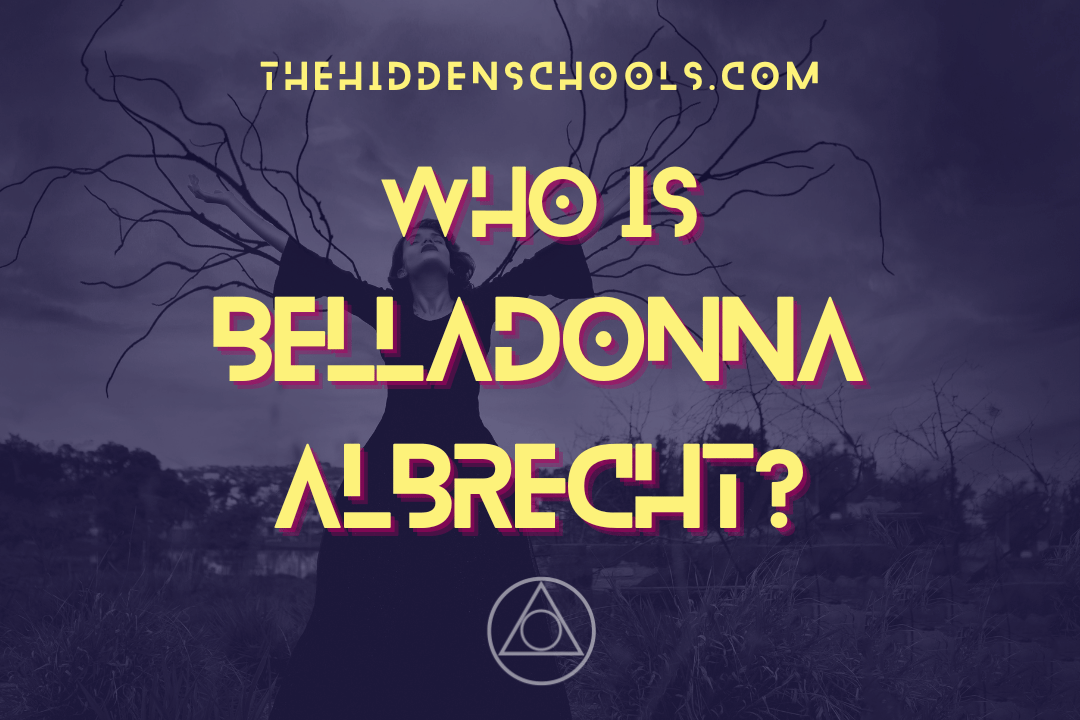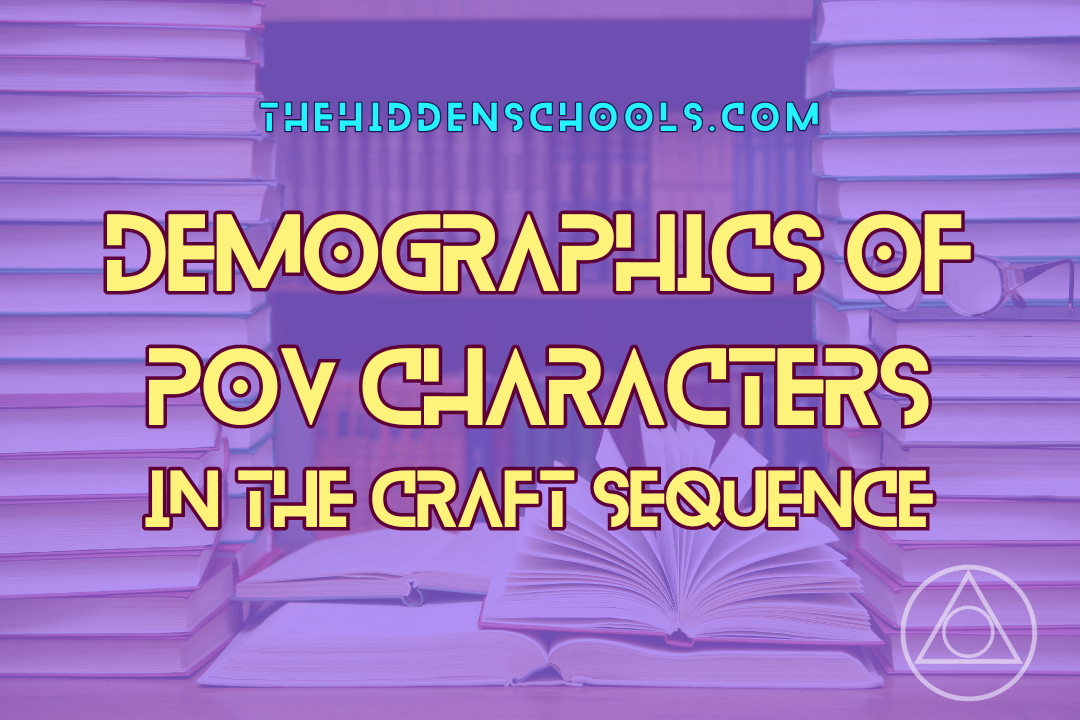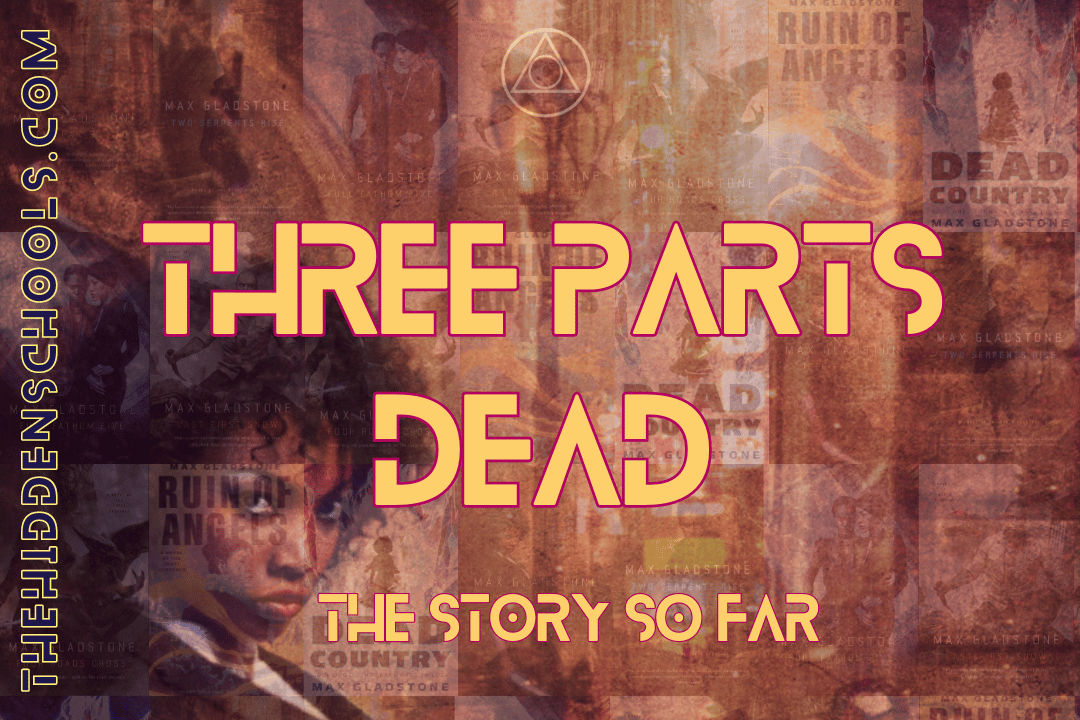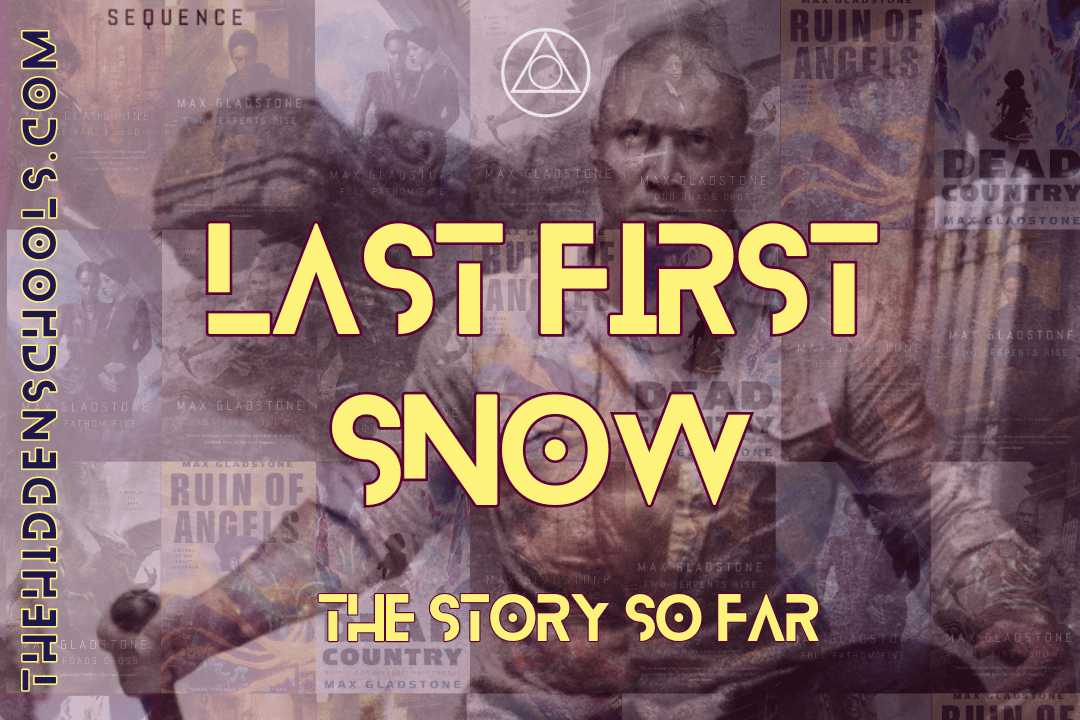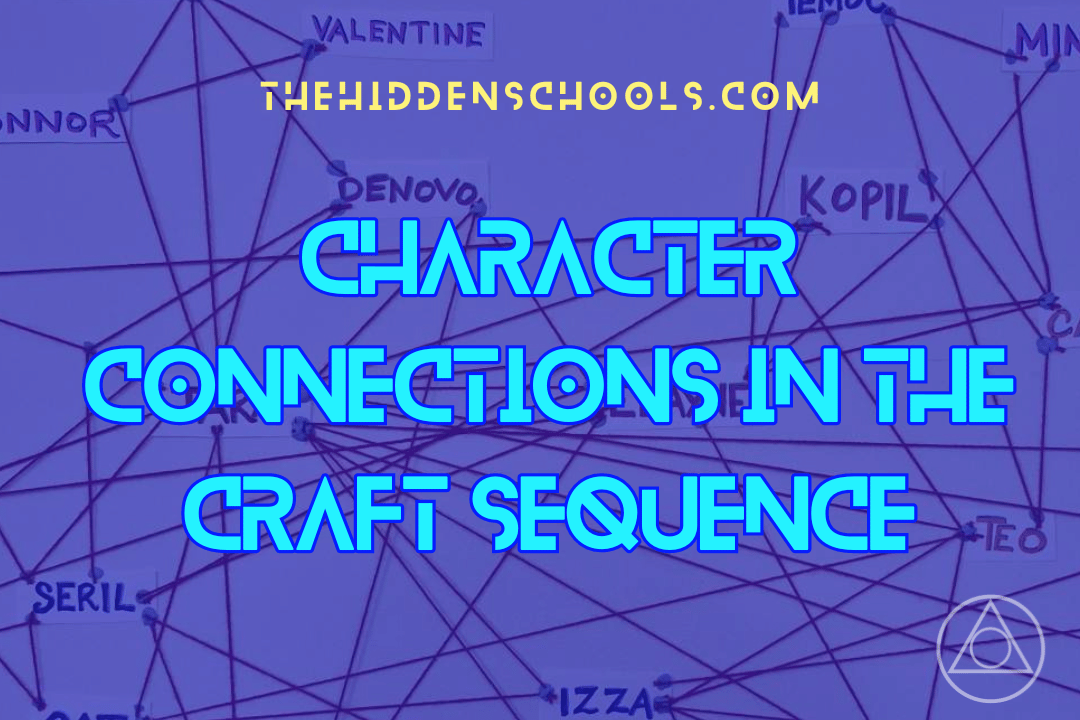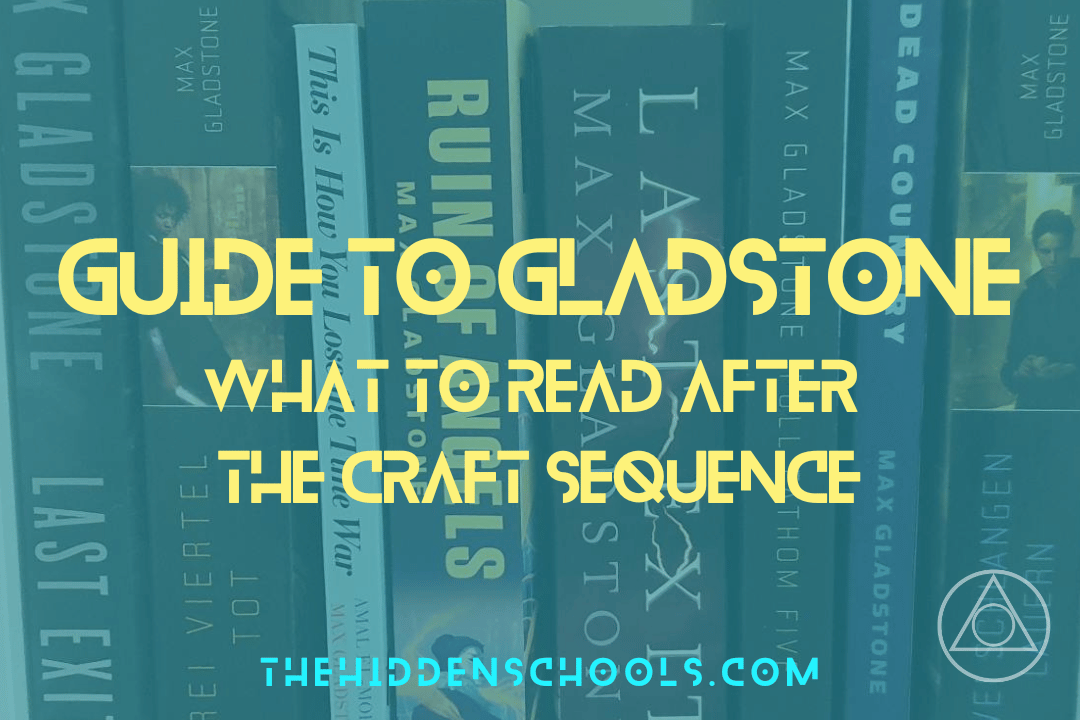Tara Abernathy, Dead Country, and me - a sort of review
“Art becomes a touchpoint for its audience. The mind is never so vulnerable save when exposed to a story. The ideal work, for our purposes, would draw people in, and mirror them. The work itself would mediate the audience’s collective self through a single unifying viewpoint.”
I was 24 when I first picked up Three Parts Dead. In the midst of grad school, after a couple of years working in the political hearts of two continents, following an intense four year undergrad at the kind of uni where graduates race up corporate ladders, ending up as CEOs and diplomats as their due – or in line to a throne, at least twice.
I didn’t know at the time, but Tara Abernathy was about to walk off the page and weave her way into my soul. Her story wasn’t entirely dissimilar to mine – the age, the uni, the expectation of becoming a cog in the workings of the world, building your influence and connections to become a leader by some prodigiously young age – only hers had a dash of magic, a splash of necromancy, and was thrown in a blender of economics and law.
Desperate to prove herself. Determined to avoid the mistakes and ethical missteps of her forebears. A woman who does not know her limits, taking steps into a big bad world that doesn’t give a shit about you or your struggles, your morals or your goals. Striking out from family and childhood friends. Finding your place in the world, even if you have to claw it out of the cliffside yourself.
My own experiences have included neither resurrecting gods nor negotiating with Deathless Kings – though I did have the personal email address of a UN ambassador at one point – nor have I ever been, to the best of my knowledge, responsible for preventing the end of the world. Yet Tara’s adventures, however outlandish and fantastical, have always felt viscerally real because at its heart her story is a twin of my own – and of so many people of our generation.
Despite the six year or so gap between the last published book and the newest, Dead Country, I have probably been more immersed in the Craft Sequence than anyone on the planet other than the author during this time. The word count of my main notes doc is the length of one of the longer novels in itself, and I’ve read each book cover to cover at least five times in 18 months, not to mention smaller dives into specific sections. So Dead Country isn’t quite the long awaited return to the world for me that it is for many other fans. I’m told it’s a great entry point to the series if you’re new or have forgotten what’s happened so far. I can’t tell, as I know the rest of the series too intimately. But for me it is a very welcome return to Tara Abernathy’s story.
Tara is only in three out of six pre-Dead Country books, and has virtually no POV pages in the most recent, Ruin of Angels (I added ‘em all up – check out here). In-world, eight years have passed since a 24 year old Tara fell thousands of feet from the Hidden Schools and clawed her way back to life and to her parents’ house. It’s been two years since she found herself in the ethical quagmire of Agdel Lex, since she tore her visa in half and told a graveyard of gods to come at her. Two years since she and Kai Pohala learned about the distant, hungry threat at the end of the universe.
Tara is in her early 30s. Her friends are getting mortgages. She’s going on unsuccessful dates and trying to figure out how to save the world from an unspeakably horrifying enemy. Other than the last point, her life once again mirrors my own. And now her father is dead and she must go and face the literal and figurative demons back home.
I’m grateful that this does not reflect my situation – parents happily and healthily thriving, sickeningly going to the gym together and taking intensive spin classes. However, two weeks before I received an ARC of Dead Country at my parents’ home, my grandmother died.
101 years old, I had seen her twice daily for the past year, living across the road from her. My grief was not Tara’s. Mine was mediated by time and my grandmother’s slow decline. Although not in pain nor angrily desperate to die, she had long since made peace with the end of her life and frequently told us she’d “had a good innings”, got to “the last lick of the lollipop” and prayed nightly to go in her sleep and be reunited with long departed loved ones. But reading Tara’s raw grief for her father and return to a home she had long avoided opened a wound in my heart, a wound that let me feel what I needed to feel, to meditate on loss and life and legacy.
“So what am I?”
“Memory,” she said. “Extrapolation.” The long words were easier: clinical, made to cut and classify and not to feel. “A vibration on a plucked string. A story. What the rope remembers when the knot unties.”
Her return to her roots, her reflections on family, on how much she had changed since she first left Edgemont, her struggles with a hometown that never welcomed her, the reflection of a young Tara in her protégé Dawn… Dead Country was a deep character study on a woman who still feels like a fantastical mirrored version of myself.
In Dead Country, Tara isn’t the young grad ready to throw herself at the world and prove her worth at any cost. She’s been burned. She’s learned, through both experience and example. She is all too aware of the horrors of the world, the evil that stems from the choices of the powerful. She knows the compromises she will have to make. In her grief and fatigue, she could give in to futility, hide away in her childhood bedroom, leave the world saving to others.
But she doesn’t. Because Tara Abernathy will never make the safe choice. Tara Abernathy will go for the risky play, the longshot. Tara Abernathy will never leave the saving of the world to some other poor soul.
Tara will fight for her hometown despite being chased off with literal pitchforks eight years ago. She will go into the reality-bending Badlands, uncover and burn out the rot of the world no matter the personal cost.
She won’t be happy about it, of course. She won’t always make the ‘right’ choice, insofar as there even is a right choice. Ego, emotion, and bias will cloud her vision at times, and she won’t ask for gods-damned help even when she really bloody needs it. Because Tara Abernathy is deeply, painfully human. Tara is me, and you, and so many people of this generation up against a world that doesn’t care, controlled by people actively harming it and you for just a little more power. Her enemy may be demonic space spiders and calculating immortal-ish necromancers, but she’s up against the same forces that we are in our world. These themes are familiar across Gladstone’s work, most notably in last year’s Last Exit, which many described as having a similar vibe to the Craft Sequence with a bit less hope and more bleakness. But it is, to me, the most powerful in Dead Country through the voice of Tara Abernathy, our first entry point into the Craft Sequence back in 2012 – or whenever each of first stumbled across this series.
I’ve grown with Tara since I first picked up Three Parts Dead in late 2016, and each book she stars in reflects a different facet of society, of growing up and finding our place, my own struggles and successes refracted back to me in kaleidoscopic colours. Dead Country’s power is in Tara’s voice. At first I was a little disappointed by the short length and single POV of Dead Country, preferring the expansive casts and page counts of many of the other books. But having sat with the story for four months now, as we approach the UK release of Dead Country, I know it was the only way this story could have been told, and that this was the story that needed to be told and told now – for the Craft Sequence, for Tara, and for us.
In Gladstone’s words, the aperture will widen again for next year’s sequel, Wicked Problems, and I am beyond excited for that. But Dead Country’s narrow focus and deep introspection into Tara – while still in its third act DRAMATICALLY pushing forward the series’ arc – was what I needed in 2023, and I didn’t even know it.
Despite it’s outrageous magic and bombastic worldbuilding, its pacey plots and dramatic final battles, its exceptionally high stakes, the Craft Sequence’s biggest strength has always been its characters – and I am so grateful to have grown hand in hand with my corporate necromancer mirror-self, Tara Abernathy.
If you’re yet to buy Dead Country, what are you waiting for?? Get down to your favourite bookstore, or the big river site, or wherever else you get your books from – you don’t want to miss out.
What do you think? Let me know in the comments, on Twitter or on r/CraftSequence. And don’t forget you can subscribe to be the first to hear about new articles and fun projects in the pipeline.


